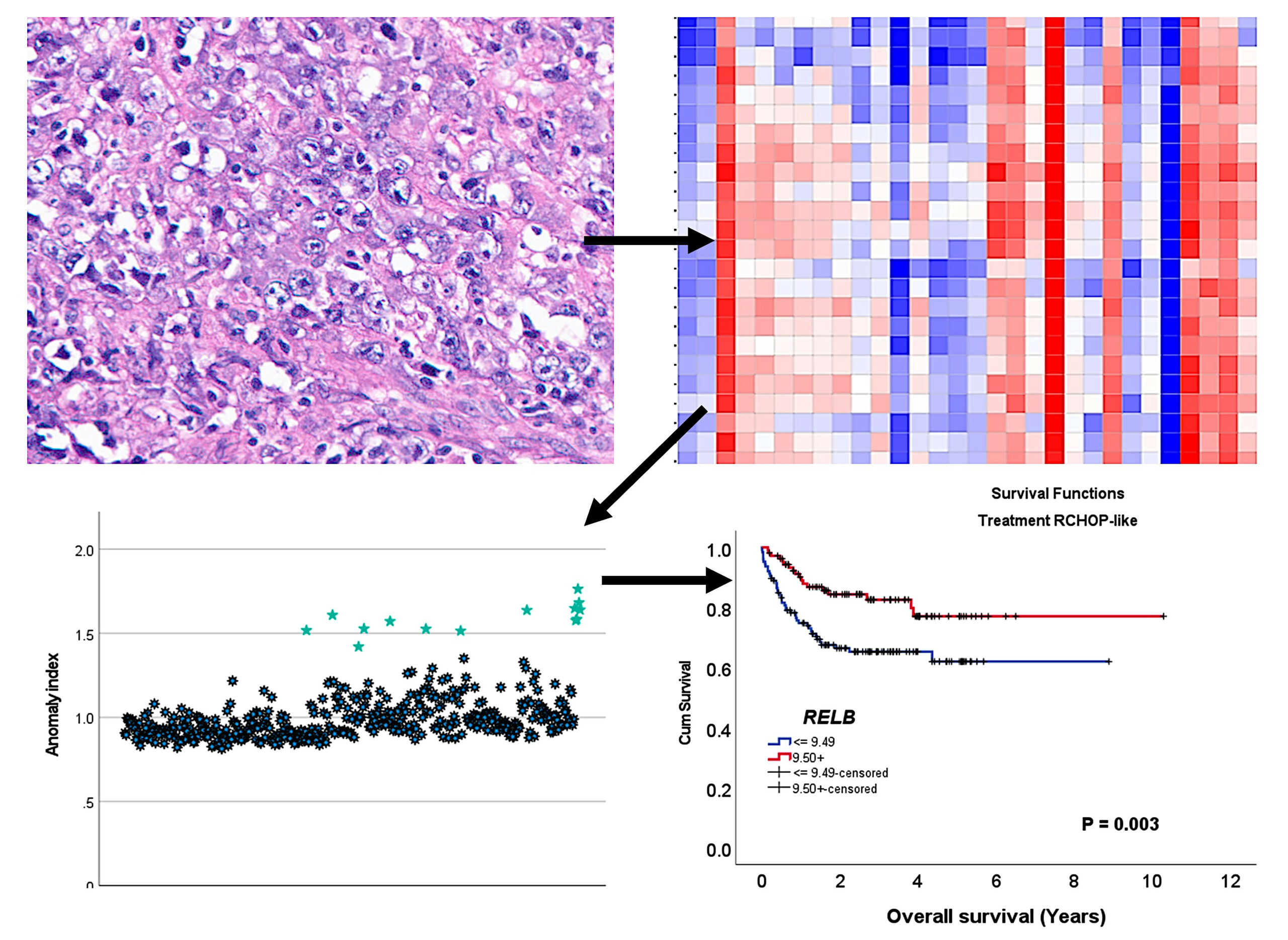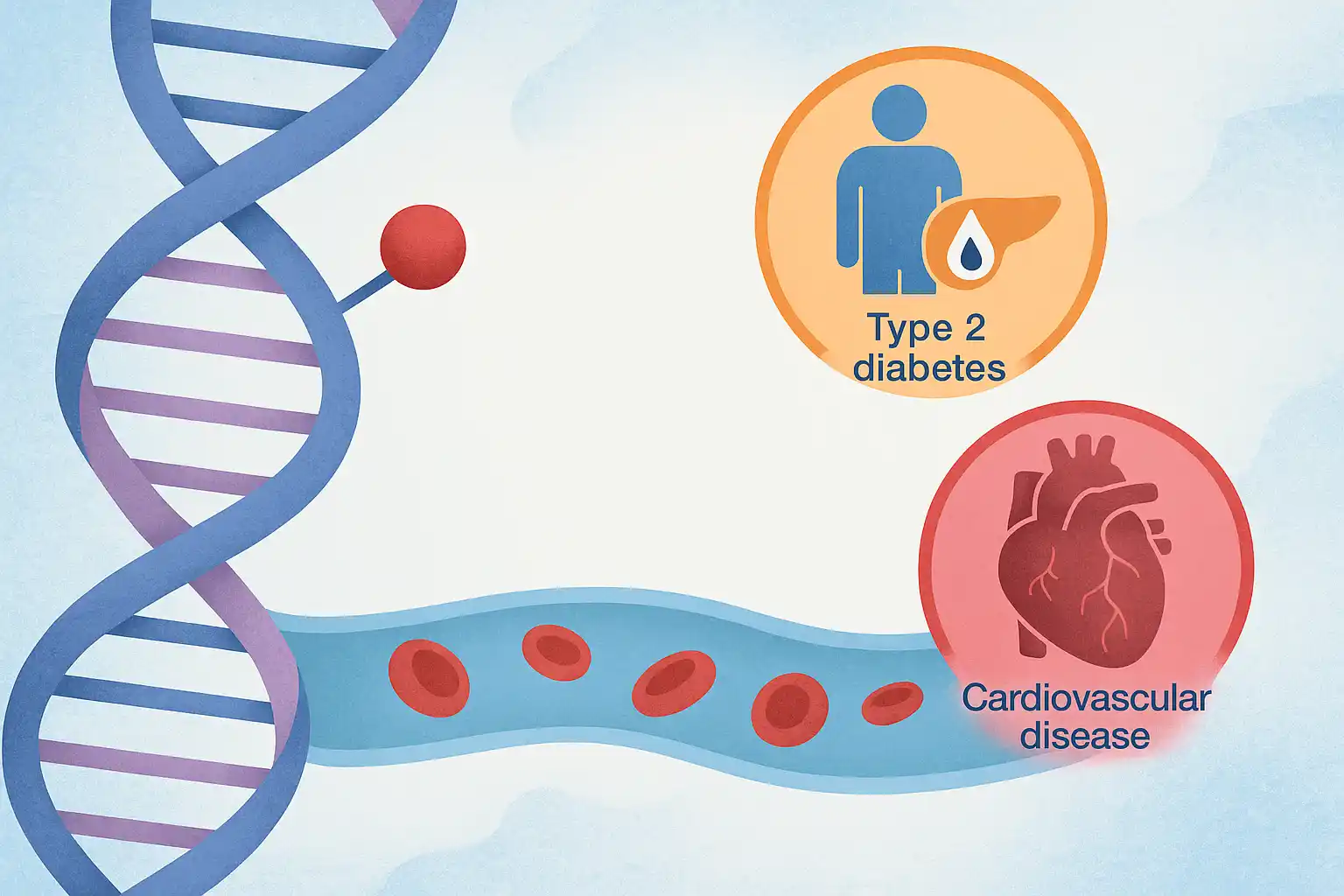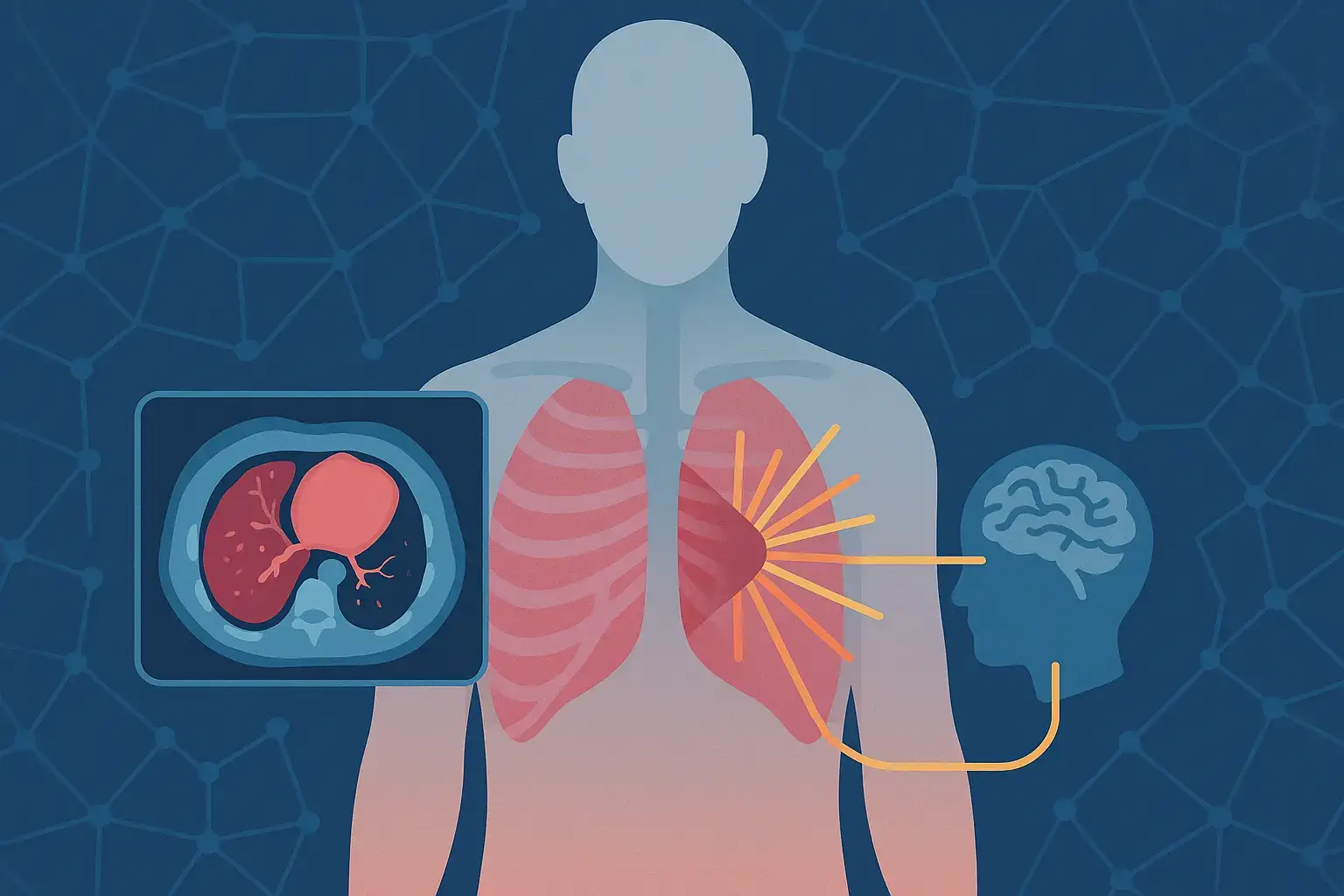
AI Uncovers New Prognostic Markers in Diffuse Large B-Cell Lymphoma
In a groundbreaking study published in BioMedInformatics, our research team harnessed the power of artificial intelligence and anomaly detection to identify new prognostic markers for diffuse large B-cell lymphoma (DLBCL), one of the most common types of lymphoma.
By analyzing gene expression data from 414 patients, we identified 12 genes belonging to the apoptosis, MAPK, MTOR, and NF-kB pathways that exhibited unique patterns. Utilizing machine learning, artificial neural networks, and conventional statistics, we discovered that high expressions of HYAL2 and UBL7 were associated with poor overall survival, while TRAPPC1, IGFBP7, and RELB were correlated with favorable outcomes.
Focusing on RELB as a single marker in RCHOP-like treated cases, we confirmed its prognostic value using various datasets and immunohistochemistry. RELB was found to be positive in B-lymphocytes and macrophage/dendritic-like cells, with correlations to HLA DP-DR, SIRPA, CD85A (LILRB3), PD-L1, MARCO, and TOX.
These findings highlight the immense potential of AI-driven approaches in uncovering new prognostic markers for DLBCL. By identifying these markers, we can develop more personalized treatment strategies and improve patient outcomes. Our study represents a significant step forward in the fight against DLBCL and showcases the power of interdisciplinary collaboration between AI and medical research.
To learn more about this groundbreaking research, please click the link below or visit the following: https://doi.org/10.3390/biomedinformatics4020081.






Leave a Reply